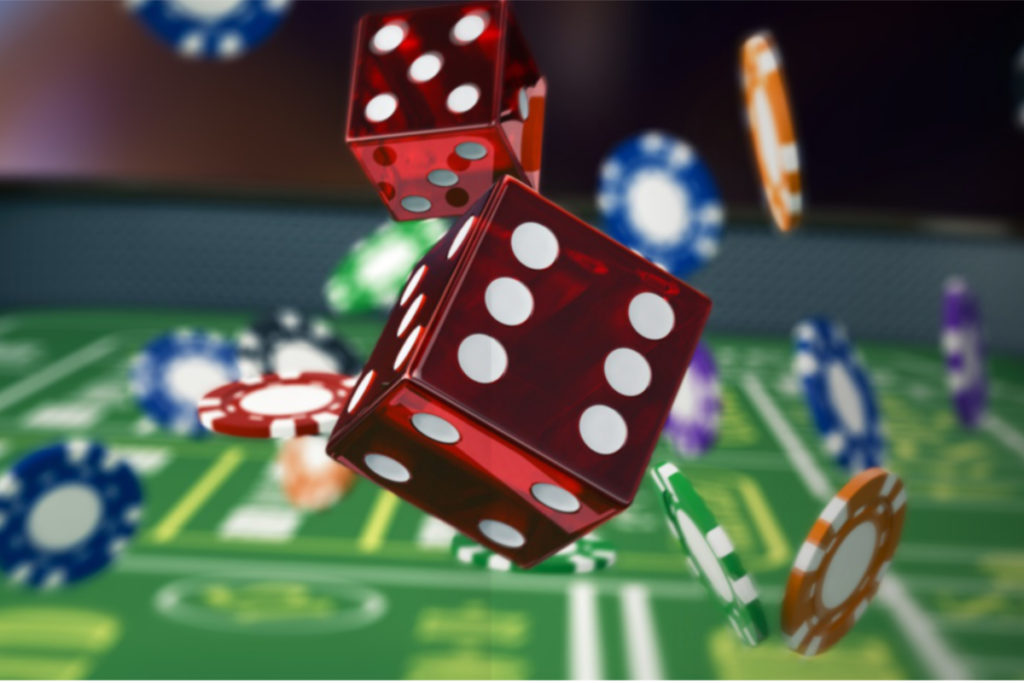If you have been betting on sports for quite some time now, you have probably heard of the term “vig.” It can sometimes be called the juice or the house edge, too. There are numerous names, but they all reflect the same thing: an advantage created by the bookmaker over bettors to assure a profit. The vig is almost as ancient as sports betting. Sportsbooks operate a business, and that business entails risk. To decrease the possibility of huge losses, bookmakers must gain an advantage by modestly adjusting the odds in their favor. The vig might be perplexing. Both how it works and why it is essential are discussed.
Now, knowing everything you can about the vig is one thing, but finding a good site is an entirely different but equally important matter. If you are still scouting the web for the best platform to bet on sports, you can click here to see the best deals waiting for you.
With that said, here are the things you need to know about the vig in sports betting, and how you can remove them from the odds to gain a better understanding.

What Is the vig?
Vig is short for vigorish, and the two names are synonymous. The vig is included in the odds for all bets. The vig is essentially the equivalent of a fee or commission charged by online sportsbooks. It aids in ensuring that the book generates money regardless of how the game turns out. By extension, it has a direct influence on bettors’ prospective earnings. Let me illustrate this with an example.
Assume you have a 50/50 bet on who will win the coin toss before a football game. Because each side of this bet has an equal probability of winning, it’s logical to believe that you’ll win even money if you make the correct selection. If the bookmakers supplied genuine odds, you should be looking at a $100 profit if you bet $100. However, the sportsbook will normally provide odds of -110 for either side of this wager, which means that a $100 bet will only get you around $91 in profit, or a 91% return. The other 9% is kept by the sportsbook as a charge for accepting the wager.
A perfect scenario for the sportsbook would be for the majority of individuals to place an erroneous wager, but this is rarely the case. Instead, the sportsbook like to see nearly equal betting on both sides. If bettors placed $10,000 on one side and $10,000 on the other, the sportsbook would have received $20,000 but would only have to pay out $18,180 regardless of the outcome.
Why is removing the vig important?
For a crystal-clear outcome prediction, the vig must be removed. This is because it affects the odds. The bettors may win or lose, but the vig guarantees that the sportsbook is always paid.
Before you can “remove” the vig, you must first understand how implied probability works and how to compute it from there.
Implied probability in sports betting markets is merely a percentage translation of traditional odds, but it also takes into account and eliminates the house edge to describe the chances as the ‘actual odds of an event occurring. Consider the following example.
In a football game, consider Team A and Team B’s odds as follows:
- Team A: -110
- Team B: +110
In this example:
- If we wager $110 on Team A, we may receive a dividend of $0 if we lose or $210 if we win.
- If we wager $110 on Team B, we may receive a dividend of $0 if we lose or $210 if we win.
To calculate the implied probability for each result, we divide the amount at risk by the total payment. Thus:
- Team A covers: $110 / $210 = .524 or 52.4%
- Team B covers: $110 / $210 = .524 or 52.4%
The sum of these two results is 104.8%. This suggests that if we bet on both teams, we would have to risk $104.8 to win $100. The bookmakers certainly have the advantage here, with a 4.8% house margin for every dollar staked.
Final thoughts
Implied probability is important in many industries, particularly sports betting. You can calculate the implied likelihood of an event occurring if you have the specified odds. If you come across a team with a low implied probability but believe it is ripe for an upset, you may have a good bet on your hands.
I'm a published author and proud US Army veteran who happens to be a gamer, so I decided to combine the two and love every minute of it! Feel free to contact me with any questions or comments and I'll be sure to get back to you.





More Stories
Bungie’s MARATHON Server Slam Starts Tomorrow February 26 – March 2
WINDROSE Preview for Steam
Public Test Build for Dead by Daylight’s New All-Kill: Comeback Chapter Now Live